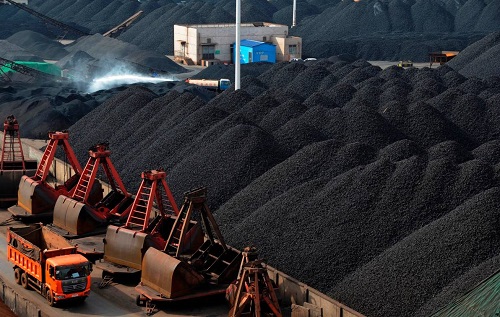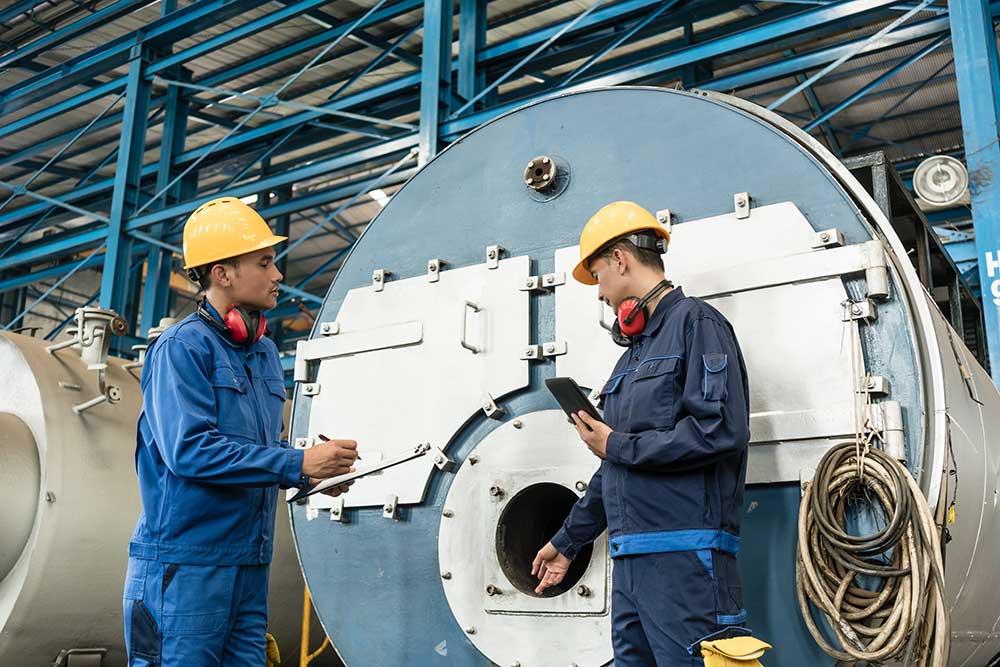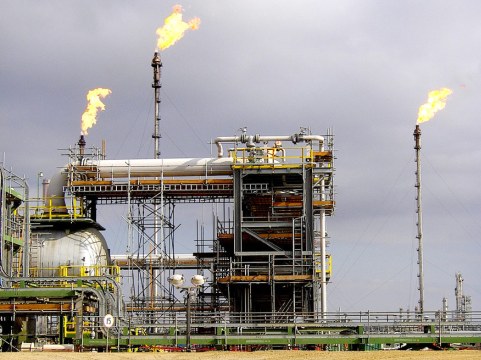South Korea’s largest electric utility, state-controlled Korea Electric Power Corporation (KEPCO), has decided to buy a minority stake in a coal project in Indonesia despite local opposition and growing pressure from investors for companies to ditch investments in the dirtiest fossil fuels.
KEPCO’s board of directors decided on Tuesday to pursue the US$-51 million investment to buy 15 percent in the Jawa 9 & 10 coal project in Indonesia, a company spokesman told Bloomberg.
The Jawa 9 and 10 coal-fired power plants will have a total capacity of 2 gigawatts (GW) and are estimated to cost US$3.2 billion to build. PT Indo Raya Tenega will own and operate the two plants expected to be commissioned in 2023 and 2024.
Earlier this month, environmental activists and local residents protested outside the South Korean embassy in Indonesia’s capital Jakarta against KEPCO’s expected decision to move ahead with the project. The opponents of the project and South Korea’s involvement argue that investing in coal contradicts South Korea’s Green New Deal from earlier this year, under which it vowed to reach net-zero carbon emissions by 2050 and end coal financing.
KEPCO was also called out by BlackRock for investing in overseas coal assets in the Global Quarterly Stewardship Report for Q1 in April. The world’s top fund manager, BlackRock, has made sustainability and transparency the center of its investment strategy as it expects investment risks presented by climate change to speed up a significant reallocation of capital.
While BlackRock was encouraged by KEPCO’s emissions reduction plans, it “raised concerns about the company’s recent push into overseas coal assets in Vietnam and Indonesia, which seem to contravene its above-mentioned energy transition commitments. This is exacerbated by the fact that other companies in the region, including banks, have publicly announced their decision to exit these projects.”
Commenting on KEPCO’s investment in Indonesia, Julien Vincent, executive director of Market Forces, an affiliate project of Friends of the Earth Australia, said, as carried by RenewEconomy:
“They have decided to continue supporting overseas coal finance without fully considering the implications on Korea’s reputation overseas and our shared climate.”











